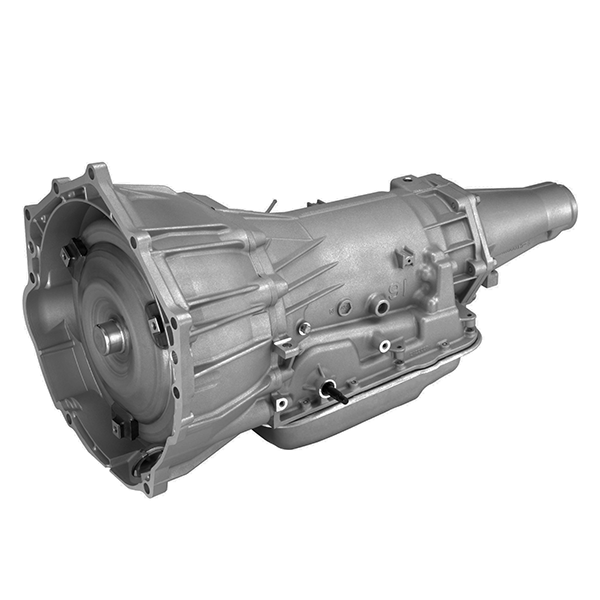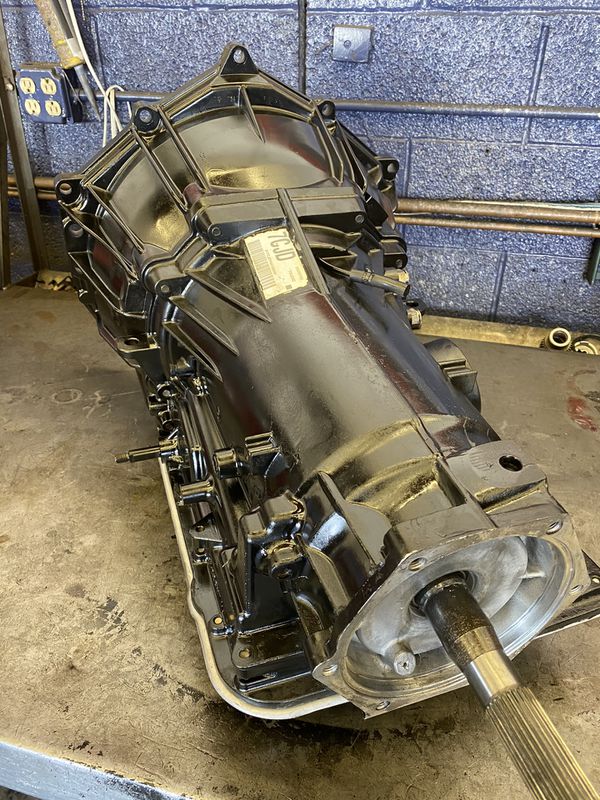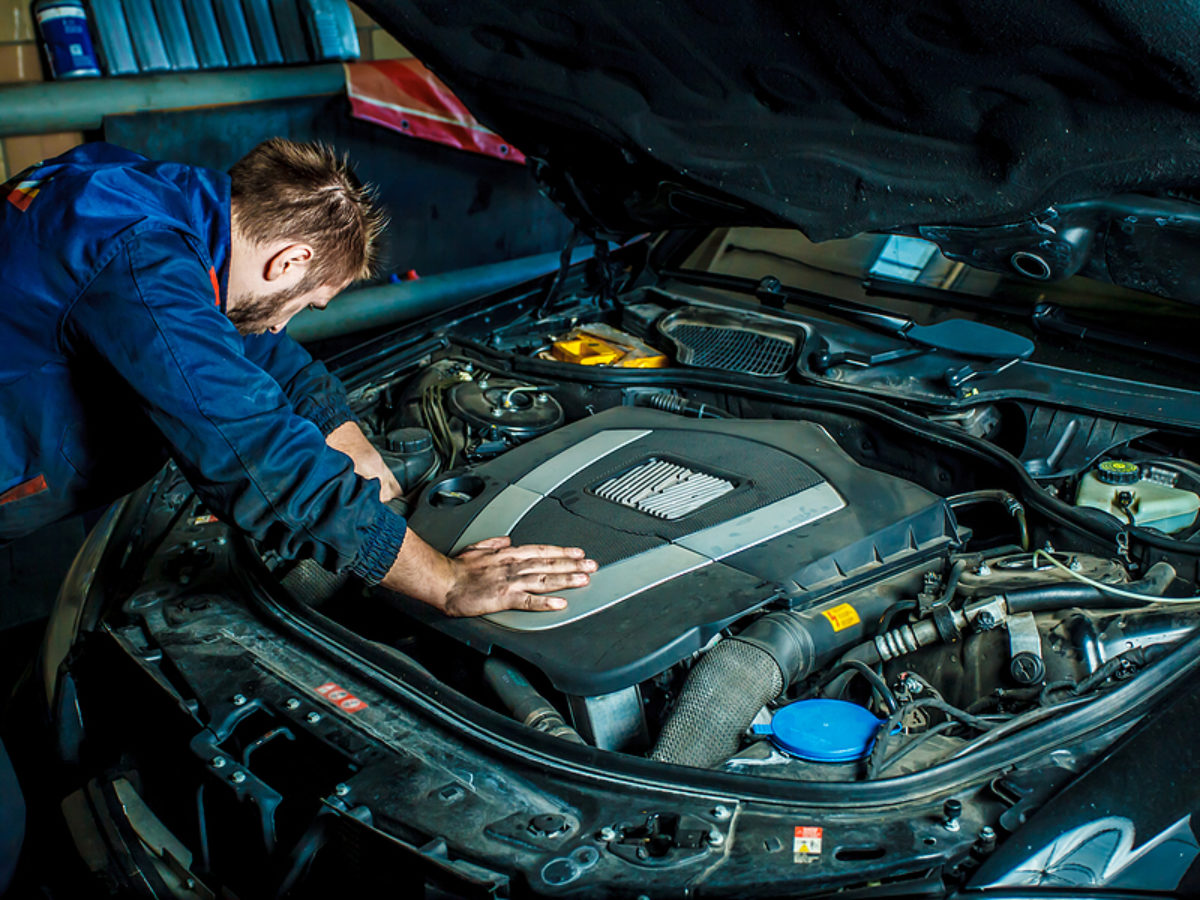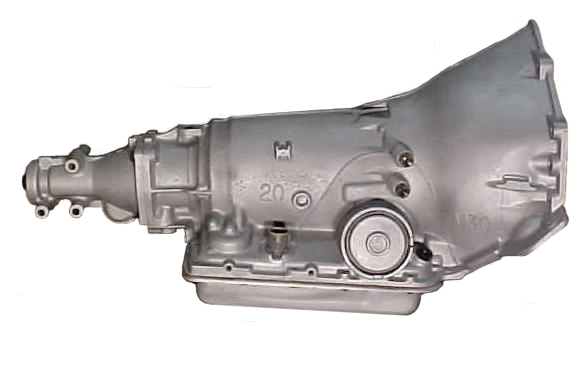The 4L60E transmission came onto the scene back in 1992. It served as a replacement or an upgrade to the 700R4 transmission, which was also known as the 4L60 transmission. Both transmissions were mostly similar. But the major difference came from the upgrade coming from hydraulically to electronically controlled transmissions. The transmission which was developed and produced by General Motors/Hydramatic, became widely available in a large number of GM vans, SUV and truck applications. It was also available in many rear-wheel drive car applications too. Some of the most popular car applications include the Chevrolet Corvette, Camaro, Impala and more.
- 4l60e Compatibility Year Chart
- Gm 4l60e Transmission Price
- 4l60e Troubleshooting Chart
- Gm 4l60e Transmission
- Gm 4l60e Transmission Diagram Parts
Heavy Duty 4L60E Transmission, Performance 4L60E Transmission, 4L60-E Transmission, 4L60E Monster Transmission, 4L60E Truck Transmission. The 4L60E (and similar 4L65E) is a series of automatic transmissions from General Motors. Designed for longitudinal engine configurations, the series includes 4 forward gears and 1 reverse gear. The 4L60E is the electronically commanded evolution of the Turbo-Hydramatic 700R4, originally produced in 1982. The 4L60E transmission was found behind the majority of GM rear wheel drive vehicles for the almost 20 years. Are 4L60E transmissions the same? No they are not. More importantly, not all 4L60E transmission are compatible with one another.
The Good And The Bad
4l60e Compatibility Year Chart
The 4L60E can be classified into both an early version as well as a late version. Given such, the differentiation occurred in 1996. With many variations, the easiest to recognize externally is the removable bell-housing found on the late model 4L60E transmissions. As the arrived in 1996, it was not fully created in until 1998. With this transmission not as widespread as it once was, there are still some applications that GM uses for this 1998 transmission. This transmission can still be found in light-duty van applications and even in the overseas market in the Holden Commodore.
The popularity of this transmission was based on many of the carryover features. The low speed performance capability was one of them. Additionally, the transmission also featured strong fuel economy performance. Then, there was the addition of the electronic control that improved the performance of this transmission tremendously. Given its performance, there were common issues with the transmission; the component’s ability to use the reverse gear was seen as a grave issue. This was generally caused by buildup of debris.

4L60E Performance Specs
The 4L60E transmission is equipped to withstand as well as a handle the max engine torque of 360 lb.-ft. Additionally, the 4L60E’s name states a tremendous amount about the transmission. The number 4 in the title indicates that the transmission is a 4 speed transmission. The L in the title signified that the transmission as an engine that sits longitudinally. The 60 in the name signifies that there is 6000 pounds of GVW.
Why Is The 4l60e A Bad Transmission? Is It The Worst Ever Made?
For many, the 4L60E transmission is a good transmission, but for others, it appears as if it is the worst transmission ever made. One GM owner stated: “My opinion is that the 4L60E is not the worst transmission ever made. Did you buy the truck new or used? If used, then one has no idea exactly what the transmission went through before you bought it.”
Another 4L60E owner added: “The 4L60E is as common as the TH350 except it is newer and bigger. No, its definitely not the most defective transmission on the road. Most all vehicle manufacturers have their “Problem children”. When I was at the Oldsmobile GMC dealer back in the 80’s it seemed that all I ever worked on was the 440T4. They would be lined up out the door and I made a ton of money on them. They were replaced by the 4T60 and 65E’s. Aftermarket has pretty much taken over with the 4L60E’s much like the TH350’s. There are aftermarket parts I prefer to use in my overhauls of these. GM had some design flaws in these which got corrected by GM and the aftermarket. I, personally would rather have a fresh built HD 4L60E any day than some of these newer models coming on the market.”
How Can I Tell If My 4l60e Transmission Is Bad?
When it comes to troubleshooting the 4L60E, you have to keep in mind that the automatic transmission (4L60-E) in your rear wheel drive GM vehicle will usually experience failure in one of two ways:

The Transmission Will Begin Slipping
- Internal mechanical failure will be the cause of transmission ‘slippage’.
- Your transmission fluid will appear at a low level. This is generally due to a fluid leak somewhere which will result in the transmission slipping.
Gm 4l60e Transmission Price
Transmission Fails to Shift Out of Gear
- Generally, this problem will arise when the PCM will sense an electrical issue and commands the transmission not to move and stay in “limp mode”.
- While the transmission is in “limp mode”, the automatic transmission will fail to downshift or upshift.
How Long Do 4l60e Transmissions Last?
Different 4L60 owners offer their perspective on the longevity of the 4L60e transmission:
Owner Number One:
“It really depends who you ask. Some say it's on borrowed time, and others will say it will be fine as long as it shifts good and all. I'm somewhat in the middle. I'd be a little hesitant, but I also wouldn't be terribly worried of I drove it and it felt good with no slippage or harsh shifts.”
Owner Number Two:
“I have close to 300k on my truck back in the day before I sold it. [The] 4l60e from 1996 held up well. Reverse [kind of] was finicky, every now and then it would slip but had a good life. I honestly think around 250-300k it should be rebuilt if its original.”
Owner Number Three:
“To answer it in short, I took [$2000] put it aside for the [transmission], learned over the fourteen years I’ve owned it, [that it’s a matter of not if, it’s when]. [I changed] the fluid regularly and found adding a bottle of Lucas non slip is the best thing. Typically [I] think most that stuff is snake oil but I’m telling you it works, keeps solenoids from sticking too. I do it yearly. Don’t use [overdrive], unless you’re going over 60, you’ll get the same mileage and won’t be wearing the 3-4 out. I drive it easily in 1st till its in 2nd then slowly give it more throttle. Driving it hard that 1-2 shift seems to shorten life How do I know, I’ve been through 5 of these. Just my opinion. [My first transmission] lasted less than 100 miles. [The] last one lasted close to 100k [miles]. Seems most of these around 40-50 can go.”
Hope you make 300k. [If you do, I would be] shocked. Go easy on them they aren’t all that great, [in my opinion].”
Owner Number Four:
“I would be more interested in the number of shifts before failure. Wear in a transmission in my opinion- mainly occurs during shifts. Once the transmission is in a gear it should see very little wear. Towing and heavy abuse increases fluid temps and reduces lubrication resulting in more wear during shifts. Yes, clutches wear but that is mainly when they slip during application and release. So, to just go off mileage alone is probably not the best way to judge. A 4l60e that has 300k miles from towing between the coasts could be in better shape than one with only 50k miles on it that was stop and go with thousands of shifts per day.”
What Is the Difference Between A 4l60 And A 4l60e Transmission?
The biggest difference between the 4L60 and 4L60E is how both are controlled. For 4L60E control comes from a computer. For the 4L60, control comes form a TV cable. With one being controlled by computer and the other not, there are compatibility issues that the two have.
If you tried to put a 4L60E transmission in the place where a 4L60 once resided, prepare to buy an aftermarket transmission controller so that you can control it.
If you don’t, it will not know when to kick down, when to shift or the speed of the vehicle. The 4L60 transmission would require a custom bracket to hook into the TV cable properly. Additionally, when comparing both transmissions, they don’t also don’t have the same geometry for engaging the torque converter. As a result, you will need torque converters to accomplish engagement.
Similarities Between The 4L60 and 4L60E Transmissions
Sure, the 4L60 and the 4L60E have some differences, but there are some things that they share. Some of the similarities include:
- Both transmissions have the bellhousing bolt pattern.
- Both transmissions also use the same bolt pattern as well as the same transmission pan.
- They have the same length.
- Both the 4L60E and 4L60 have the same number of gear ratios as well as the same number of gears.

4l60e Troubleshooting Chart

Common 4l60e Transmission Problems
Below is a partial list of some of the most common 4L60E transmission problems:

Slipping, Slow or No Reverse Available
Many owners find that the “lo-reverse” clutches are beat up or worn out. There is also a fluid leak located in the reverse apply circuit. Additionally, there is a broken sunshell.
The 1-2 shift is harsh and delayed
Gm 4l60e Transmission
Not only do 4L60E transmission owners experience a delay or harshness in 1-2 shift, but there have also been reports of an inability to shift into overdrive.
Gm 4l60e Transmission Diagram Parts
The 3-4 Clutches Are Not Working and Quickly Worn Out
The 3-4 clutches are reportedly quick to wear out. So, as a result, they will need to be rebuilt after being removed. You can drive the car safely in 2 till you can get to a mechanic.
Sell Your Car with the 4L60E Transmission Problems!
Tired of getting that car fixed and trying to remedy those 4L60E transmission issues? Sell that problematic car to Cash Cars Buyer! We buy all makes and models of General Motors cars- including those with 4L60E transmission issues! You can obtain your FREE online quote hereand call us to get a guaranteed offer on your GM car! Our GM car buying services are FREE and you never have to pay to have your GM car towed away!
